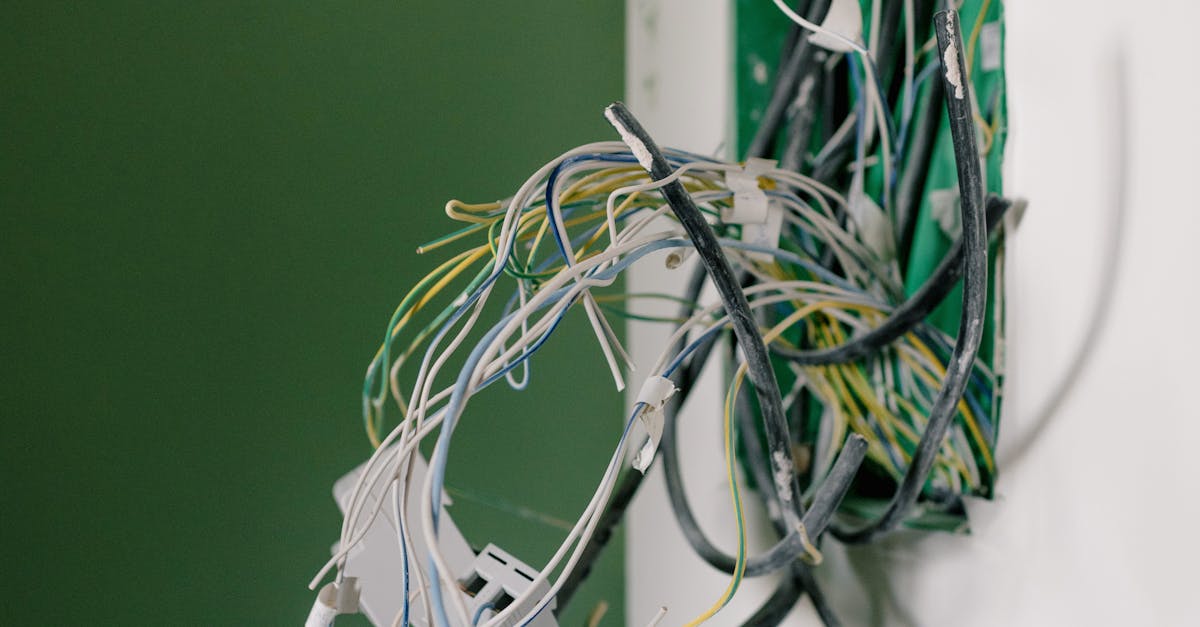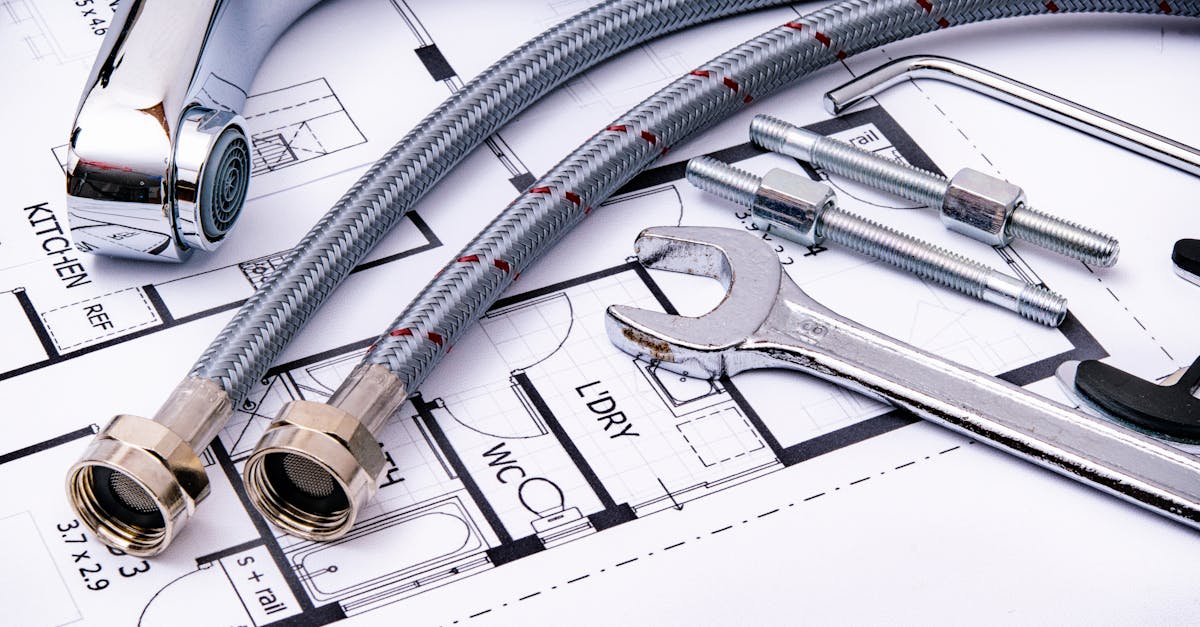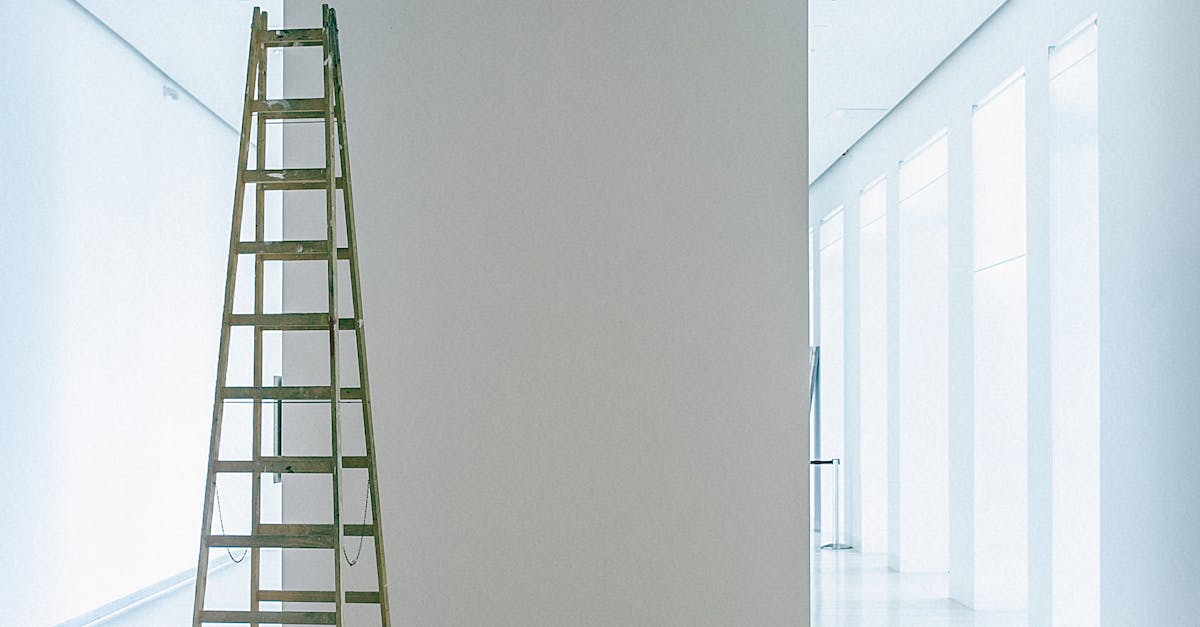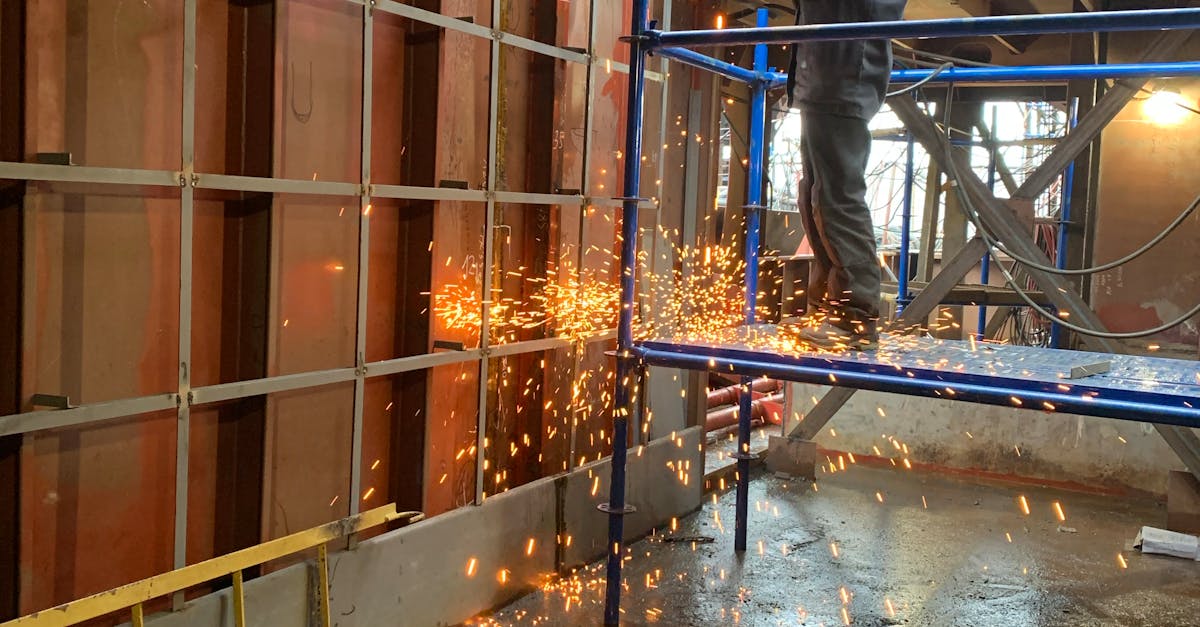
Table Of Contents
Upgrading old cast iron sewer pipes
Old cast iron sewer pipes have served their purpose for many years, but their lifespan is not indefinite. Over time, these pipes can deteriorate due to various factors, including corrosion and damage from tree roots. Upgrading old cast iron sewer pipes is often necessary to prevent potential problems such as leaks, blockages, and sewer backups. Homeowners and property owners might consider seeking professional advice on the condition of their sewer lines to determine if replacement is needed. Searching for "Sewer line installation and repair near me" can help locate local experts who can assess the situation and recommend appropriate actions to ensure the smooth operation of the sewer system.
When upgrading old cast iron sewer pipes, it is essential to explore modern alternatives that offer improved durability and longevity. For instance, materials like PVC and HDPE are increasingly being used as replacements for traditional cast iron pipes due to their corrosion resistance and resilience against root intrusion. Additionally, trenchless technologies provide efficient and minimally invasive methods for sewer pipe replacement, reducing the disruption to the surrounding landscape. By embracing these advancements in sewer system technology, property owners can enhance the reliability of their wastewater infrastructure for years to come.
Modern alternatives to traditional cast iron sewer systems
Modern alternatives to traditional cast iron sewer systems offer innovative solutions for upgrading aging infrastructure. One prevalent option is the use of PVC (Polyvinyl Chloride) sewer pipes due to their lightweight and durable nature. PVC pipes are corrosion-resistant and boast a longer lifespan compared to traditional cast iron pipes, making them a popular choice for sewer line installation and repair near me.
Another contemporary alternative gaining traction is High-Density Polyethylene (HDPE) pipes. Known for their flexibility and leak-resistant properties, HDPE pipes provide a cost-effective and long-lasting solution for sewer systems. Their superior joint strength minimizes the risk of pipe failure, reducing the need for frequent repairs and maintenance, ultimately benefiting both homeowners and municipalities looking to upgrade their sewer infrastructure. Sewer line installation and repair near me can now leverage these modern alternatives to improve the efficiency and longevity of sewer systems.
Environmental impact of cast iron sewer pipe replacement
When considering the environmental impact of replacing cast iron sewer pipes, it is essential to acknowledge the significance of minimising disruptions to the ecosystem. The removal and installation process can potentially disturb the natural habitat, affecting flora and fauna in the vicinity. Therefore, it is crucial to employ environmentally-friendly practices such as proper waste disposal and reforestation efforts post-construction to ensure the restoration of ecological balance in the area.
Sewer line installation and repair near me should align with sustainable practices to mitigate any adverse effects on the environment. Embracing eco-conscious technologies and materials, recycling resources where possible, and implementing erosion control measures are key steps towards reducing the ecological footprint of sewer pipe replacement projects. By prioritising environmental preservation throughout the process, we can contribute to safeguarding the delicate balance of our natural surroundings while fostering sustainable urban development.
Sustainability considerations when upgrading sewer pipes
Sustainability is a critical factor to consider when upgrading sewer pipes in residential or commercial properties. Traditional cast iron sewer pipes have long been the go-to choice for their durability and sturdiness; however, age and wear can lead to corrosion and eventual failure. When looking to upgrade sewer pipes, it is essential to assess the environmental impact of the replacement process and the long-term sustainability of the chosen materials. Sewer line installation and repair near me should focus on selecting materials that not only meet the immediate needs of the property but also have a lower environmental footprint over time.
In addition to choosing sustainable materials, it is crucial to consider the longevity and maintenance requirements of the new sewer pipes. Opting for modern alternatives that require minimal upkeep and have a longer lifespan can significantly reduce the frequency of replacements, lowering the overall environmental impact. Furthermore, sustainable sewer pipe upgrades can enhance the property's value and reduce the risk of unexpected maintenance costs in the future. When considering upgrades for sewer lines, prioritising sustainability can lead to a more resilient and environmentally friendly plumbing system that benefits both the property owner and the wider community.
Cost comparison of maintaining versus replacing cast iron sewer pipes
When evaluating the cost comparison between maintaining and replacing old cast iron sewer pipes, several factors come into play. While maintaining existing pipes may seem cost-effective in the short term, recurring repairs and potential blockages can lead to increased expenses over time. On the other hand, replacing cast iron sewer pipes with modern alternatives can offer a long-term solution that minimises the need for frequent repairs, translating to potential cost savings in the future. When faced with the decision of whether to maintain or replace cast iron sewer pipes, it is essential for property owners to consider the overall lifespan of the existing pipes and weigh the long-term financial implications of each option.
Sewer line installation and repair near me can provide valuable insights into the condition of cast iron pipes and potential alternatives available for replacement. Additionally, seeking professional advice from licensed plumbers or sewer specialists is crucial in determining the most cost-effective solution for individual circumstances. Although initial replacement costs may appear higher than maintenance expenses, investing in modern sewer systems can offer improved longevity and performance. Ultimately, conducting a thorough cost comparison analysis between maintaining and replacing cast iron sewer pipes can help property owners make informed decisions that consider both short-term savings and long-term benefits.
Financial implications of different sewer pipe maintenance strategies
Maintaining versus replacing cast iron sewer pipes can have significant financial implications for property owners. Regular maintenance may seem like a cost-effective choice in the short term, but it is essential to consider the long-term expenses associated with repairing aging pipes. As cast iron pipes deteriorate over time, they become more prone to blockages and leaks, leading to increased maintenance costs. Property owners may find themselves repeatedly investing in repairs if opting to maintain old cast iron sewer pipes.
Conversely, replacing cast iron sewer pipes with modern alternatives can offer a more sustainable and cost-effective solution in the long run. Although the initial cost of sewer line installation can be substantial, the durability and longevity of newer materials can help property owners avoid frequent repair expenses. Conducting thorough research and obtaining quotes from reputable professionals such as "Sewer line installation and repair near me" can assist property owners in making informed decisions regarding the financial implications of different sewer pipe maintenance strategies.
FAQS
How long can a cast iron sewer pipe last?
Cast iron sewer pipes can last anywhere from 50 to 100 years, depending on various factors such as usage, maintenance, and environmental conditions.
What are some signs that a cast iron sewer pipe may need replacing?
Signs that a cast iron sewer pipe may need replacing include frequent clogs, leaks, corrosion, foul odours, or visible cracks in the pipe.
Can cast iron sewer pipes be repaired, or do they need to be replaced when an issue arises?
Cast iron sewer pipes can often be repaired through methods such as relining or patching. However, in some cases where the damage is extensive, replacement may be necessary.
How does the lifespan of cast iron sewer pipes compare to modern alternatives?
Modern alternatives to cast iron sewer pipes, such as PVC or HDPE pipes, typically have longer lifespans and require less maintenance than traditional cast iron pipes.
What are some factors that can affect the lifespan of cast iron sewer pipes?
Factors that can affect the lifespan of cast iron sewer pipes include the quality of the installation, the material of the pipe, the acidity of the wastewater flowing through the pipes, and the level of maintenance and care provided to the system.


